Description
Many books have been published in recent years on the topic of mahamudra, or meditation on the fundamentally clear nature of the mind. This book is different in the systematic way it draws from a variety of source texts in order to construct a complete, graded path of practice informed by an understanding of the particular obstacles faced by meditators in the West. Dan Brown is a clinical psychotherapist who has also spent much time evaluating the experiences of meditators on longterm retreats. He knows the Tibetan literature on mahamudra meditation and has over thirty years of both personal meditation experience and observation of the experiences of others. He co-wrote, with Ken Wilber and Jack Engler, the book Transformations in Consciousness,and he teaches an annual seminar on mahamudra meditation at the Esalen Institute.
Pointing Out the Great Wayis a spiritual manual that describes the Tibetan Buddhist meditation known as mahamudra from the perspective of the ‘gradual path.’ The gradual path is a progressive process of training that is often contrasted to sudden realization. As such, this book contains a step-by-step description of the ways to practice, precise descriptions of the various stages and their intended realizations, and the typical problems that arise along with their remedies. Simply put, mahamudra meditation involves penetrative focus, free of conceptual elaboration, upon the very nature of conscious awareness.
A unique feature of this book is its integrative approach to the stages of mahamudra meditation. A number of works on Buddhist meditation stages in general and mahamudra meditation in particular are already available in English, yet none, single text or commentary on the stages of mahamudra meditation, captures the inner experience of these stages in sufficient detail to convey its richness. This book represents the needed alternative by integrating material from a variety of root texts, practical manuals, and commentaries. Another unique feature of this book is its relational approach. It is intended as a return to the original teacher/student style of teaching meditation, which may be better suited to Western culture than the monastic or retreat style of practice. The book distills and codifies the experiences of many great masters who have traversed the path of meditation to the point of perfect mastery.

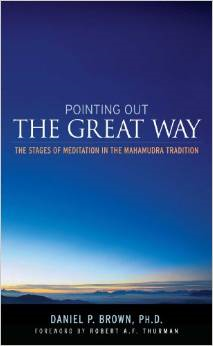
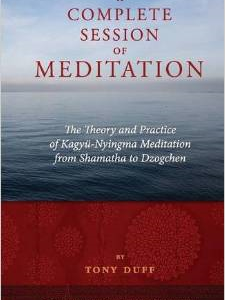
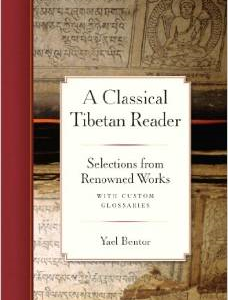
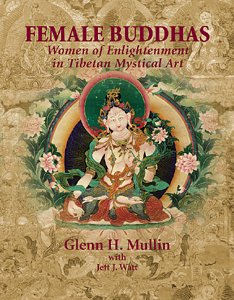
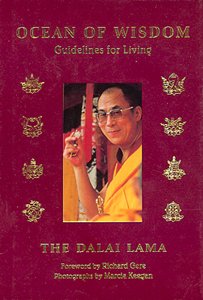
Reviews
There are no reviews yet.